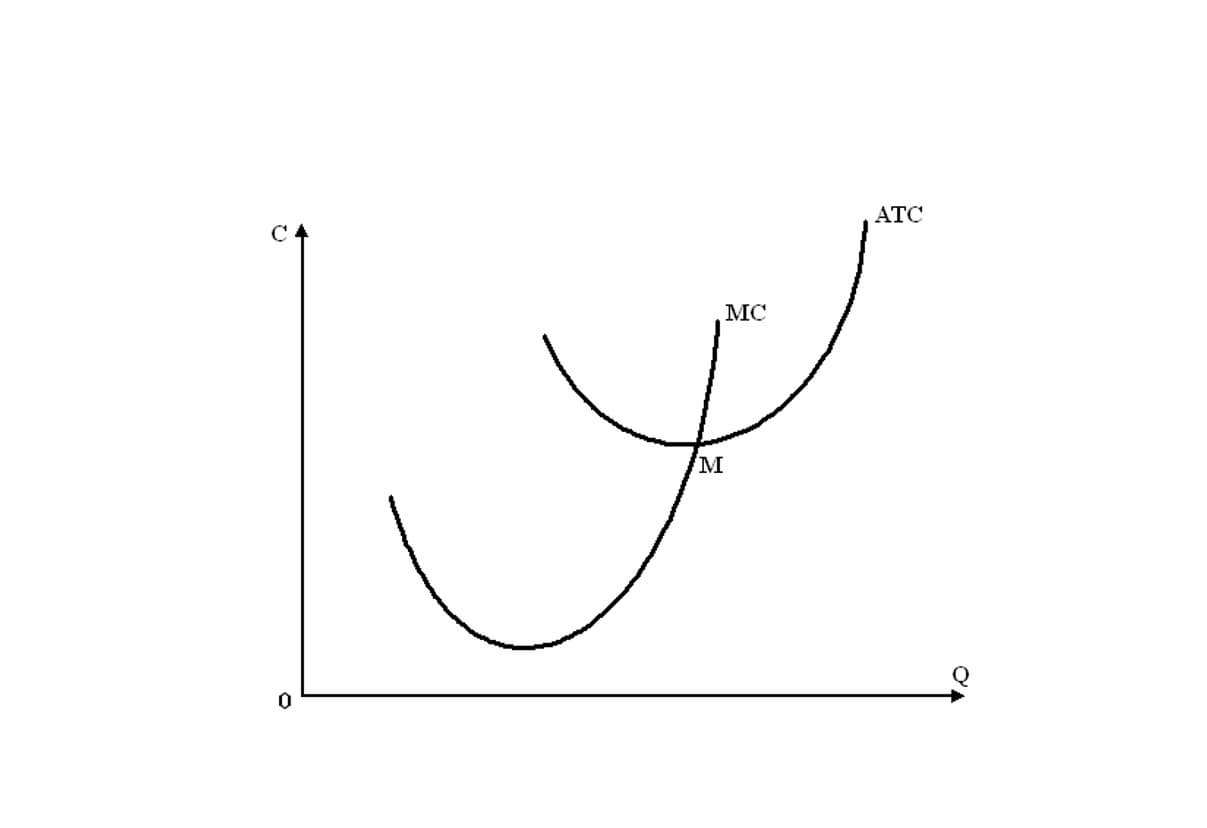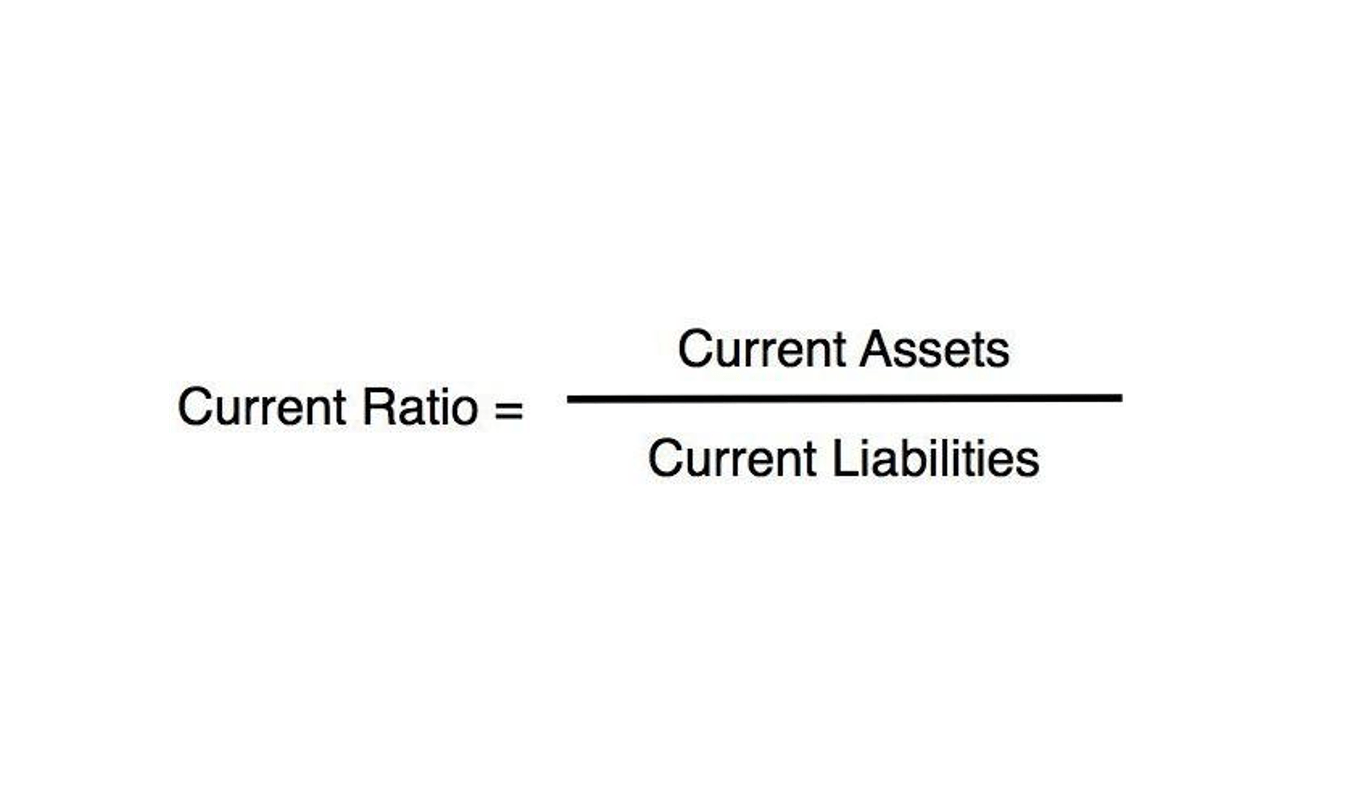
Business accounting focuses on internal tasks and does not have compliance regulations, while financial accounting is geared toward meeting external financial standards. The final product of the accounting system is the financial statement which is made up of the income statement, balance sheet, statement of cash flow, and other notes. The first, and probably most important, step is to record all financial transactions in the business. This might include loans taken out for the business, expenses, income, and other relevant business documents, and they would be put into the accounting system. Cost accounting, for example, helps businesses determine the cost of producing goods or services, enabling more accurate pricing decisions. Managerial accounting, on the other hand, focuses on internal analysis to support strategic initiatives like process improvement or resource allocation.
When should you hire a full-time bookkeeper or accountant?

Financial accounting refers to the processes used to generate interim and annual financial statements. The results of all financial transactions that occur during an accounting period are summarized in the balance sheet, income statement, and cash flow statement. The financial statements of most companies are audited annually by an external CPA firm. Business accounting is the process of systematically recording, analyzing, interpreting, and presenting financial information for a business. It involves tracking a company’s income, expenses, assets, liabilities, and equity to provide a https://zkus.mupyonline.cz/blog/2023/12/20/journal-entries-examples-format-how-to-explanation/ clear picture of its financial health. This process is essential for making informed financial decisions, ensuring regulatory compliance, and maintaining transparency with stakeholders.

It helps in filing tax returns effectively
Forensic accounting occurs when financial records are investigated in order to detect potential fraud, employee theft, identity theft, or financial mismanagement. Forensic accountants are extremely important to businesses, as they take on the responsibility of determining whether there was criminal intent in financial mishandlings. This comprehensive business accounting guide will explore what is business accounting the basics of accounting in business and provide practical tips to help you manage your business finances effectively and strategically. Get ready to empower your financial decision-making and steer your company toward sustainable growth. Enrol in business accounting classes to learn more about accounting skills. Business accounting is made up of several key components that work together to provide a comprehensive view of a company’s financial health.

Company
Ensuring that your financial reports have no mistakes is the key to filing the right income taxes, and hence staying out of trouble with the IRS. Ethics is fundamental to accounting because so many people depend on honest and error-free financial statements. In 2002, several high-profile accounting scandals involving AIG, Enron, WorldCom and others, crippled the economy.
External links
- An in-depth guide to setting up the accounting basics for your law firm.
- In most other countries, a set of standards governed by the International Accounting Standards Board named the International Financial Reporting Standards (IFRS) is used.
- With the right education and training, individuals can embark on a rewarding and fulfilling career in this field.
- Refunds are often the result of miscalculated quarterly estimated tax payments.
Cloud-based software allows real-time access to financial data, improving accuracy and collaboration. Modern accounting relies heavily on technology to streamline processes and improve accuracy. Software solutions like QuickBooks, Xero, and SAP automate tasks such as data entry, reconciliations, and financial reporting. These tools enable businesses to manage their finances more efficiently while reducing the risk of human error. Financial statements derived from accounting records provide a snapshot of a company’s performance, helping stakeholders assess whether the business is meeting its objectives. Managers use this data for budgeting, forecasting, and evaluating operational efficiency.
Do you need a business credit card?

Use automation to import transactions from your bank account and ensure your gym bookkeeping books always stay updated, and your business stays on track. Financial accounting information appears in financial statements that are intended primarily for external use (although management also uses them for certain internal decisions). Stockholders and creditors are two of the outside parties who need financial accounting information.
- This designation requires individuals to pass an exam and attain work experience.
- Before you can begin setting up an accounting system, it’s crucial to open up a separate bank account that will not get mixed up with personal accounts.
- Communication is quick and reliable—the Bench platform allows you to send messages straight to your bookkeeper or set up a call to go over any financial questions that might come up.
- Consulting part-time with a small-business bookkeeper or accountant can work nicely for newer, smaller businesses.
- Bureau of Labor Statistics, the average hourly rate for an accountant is $37.
What Is Business Accounting for Small Businesses – Managing Finances
It includes tasks like keeping track of money coming in and out, creating budgets, sending invoices, and planning for the future. It helps with both big decisions and the small details that keep a business running smoothly. These standards help maintain consistency and reliability in financial reporting. Organizations rely on accurate financial statements to attract investors, secure loans, and make informed decisions.



